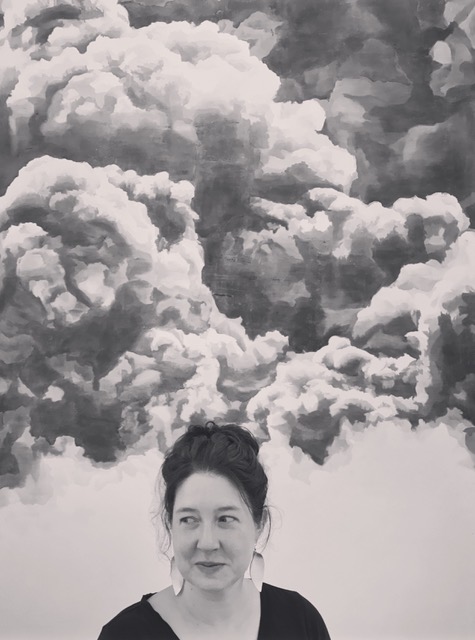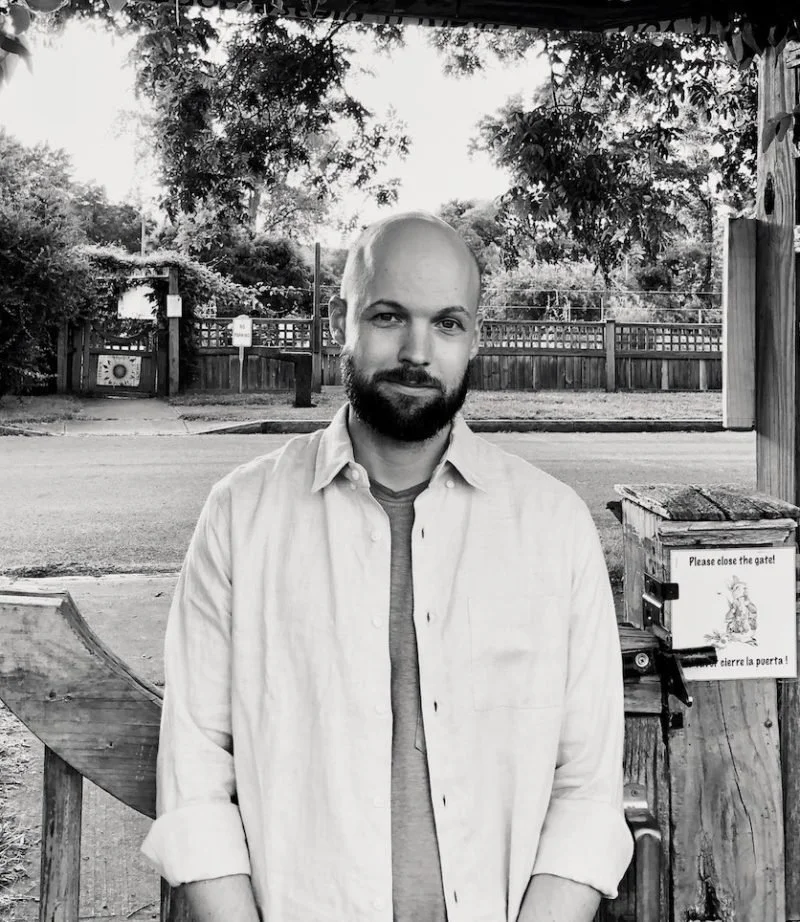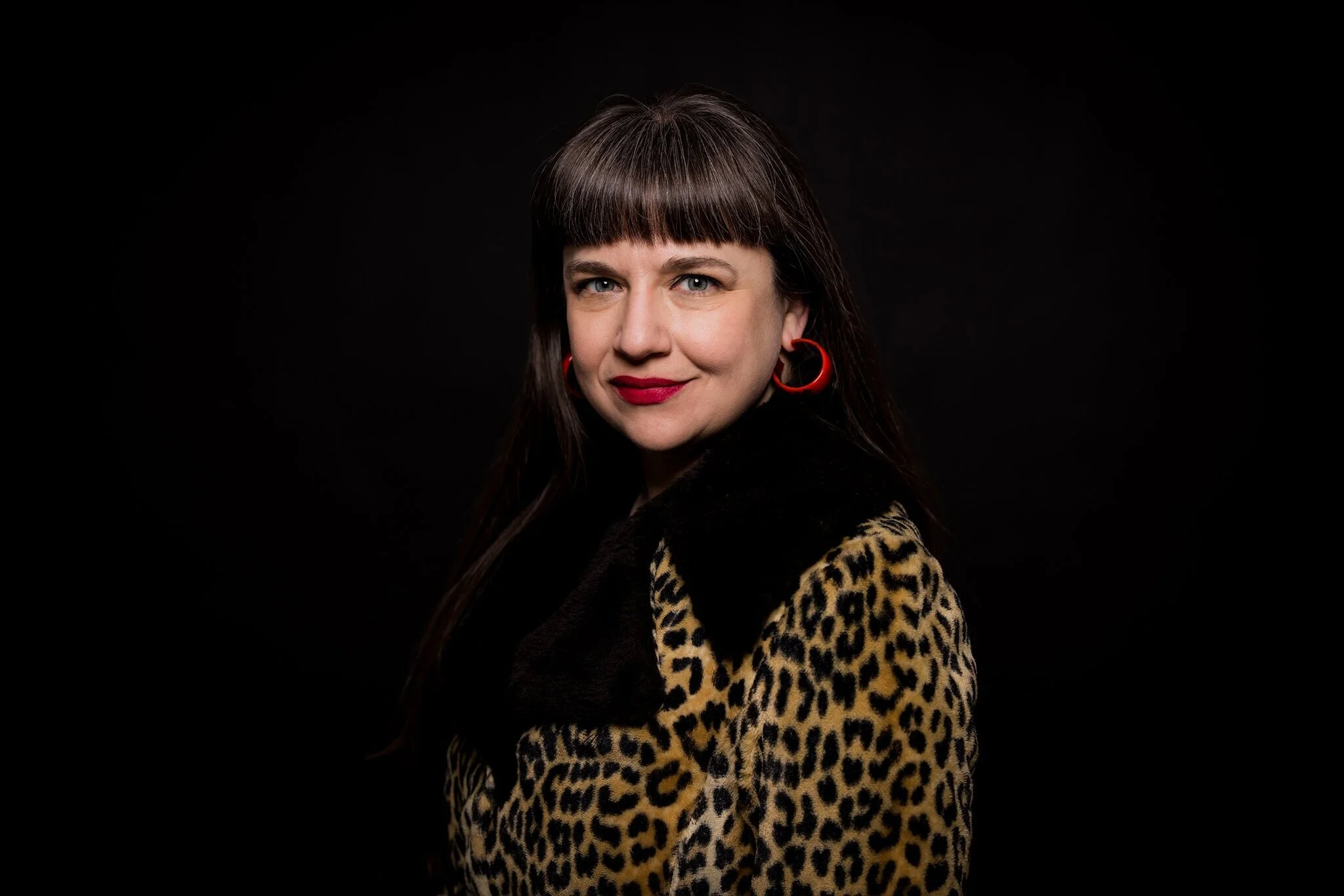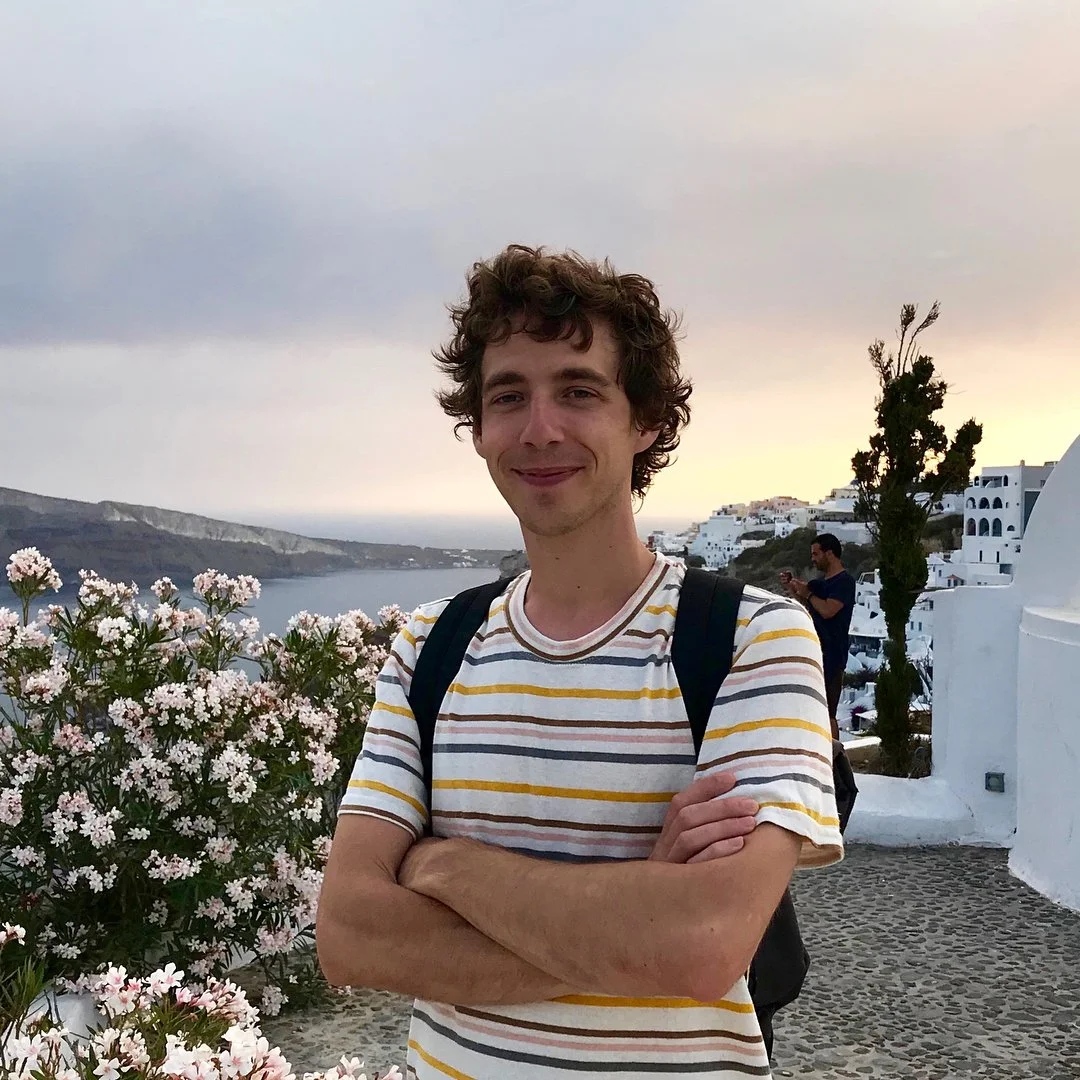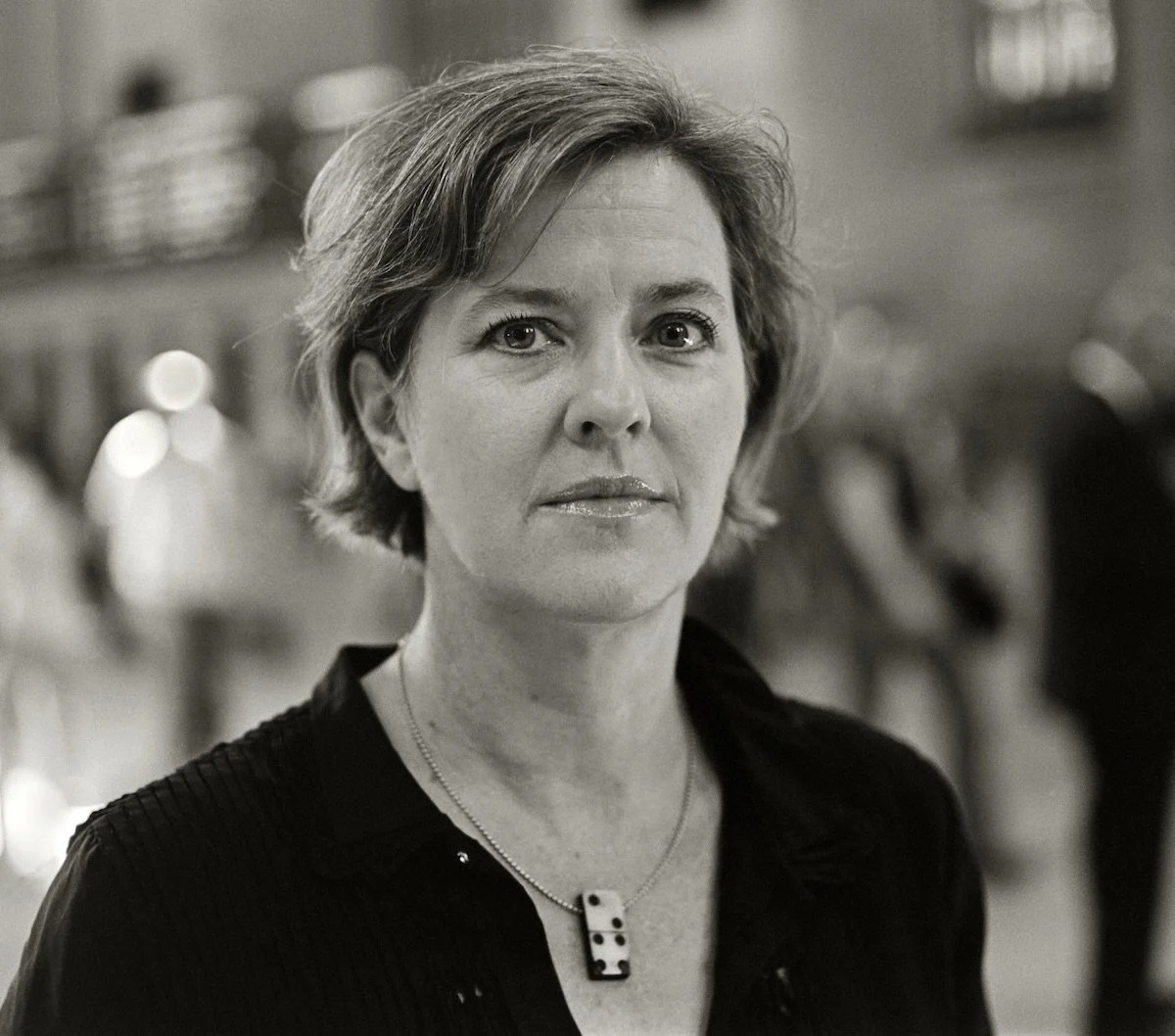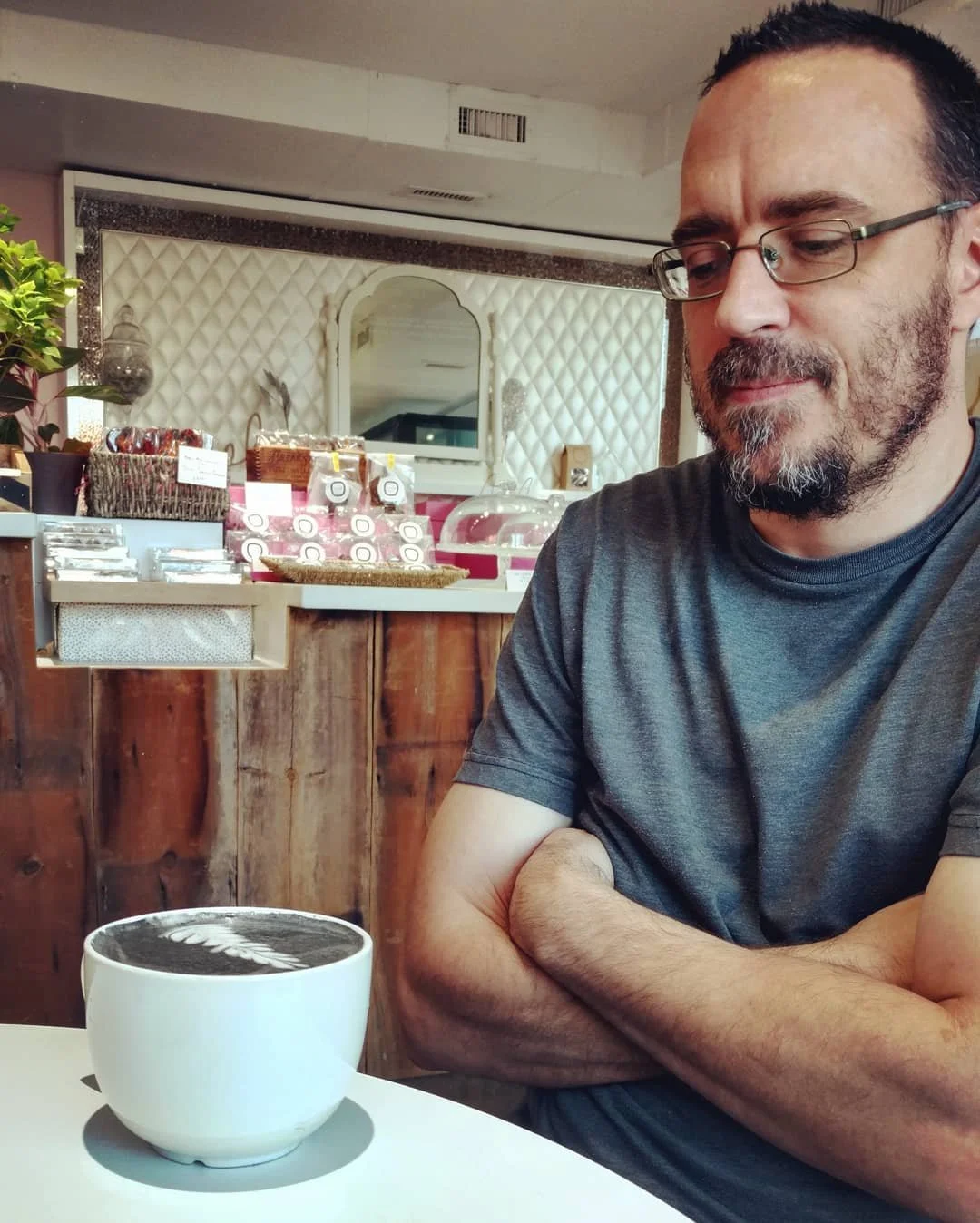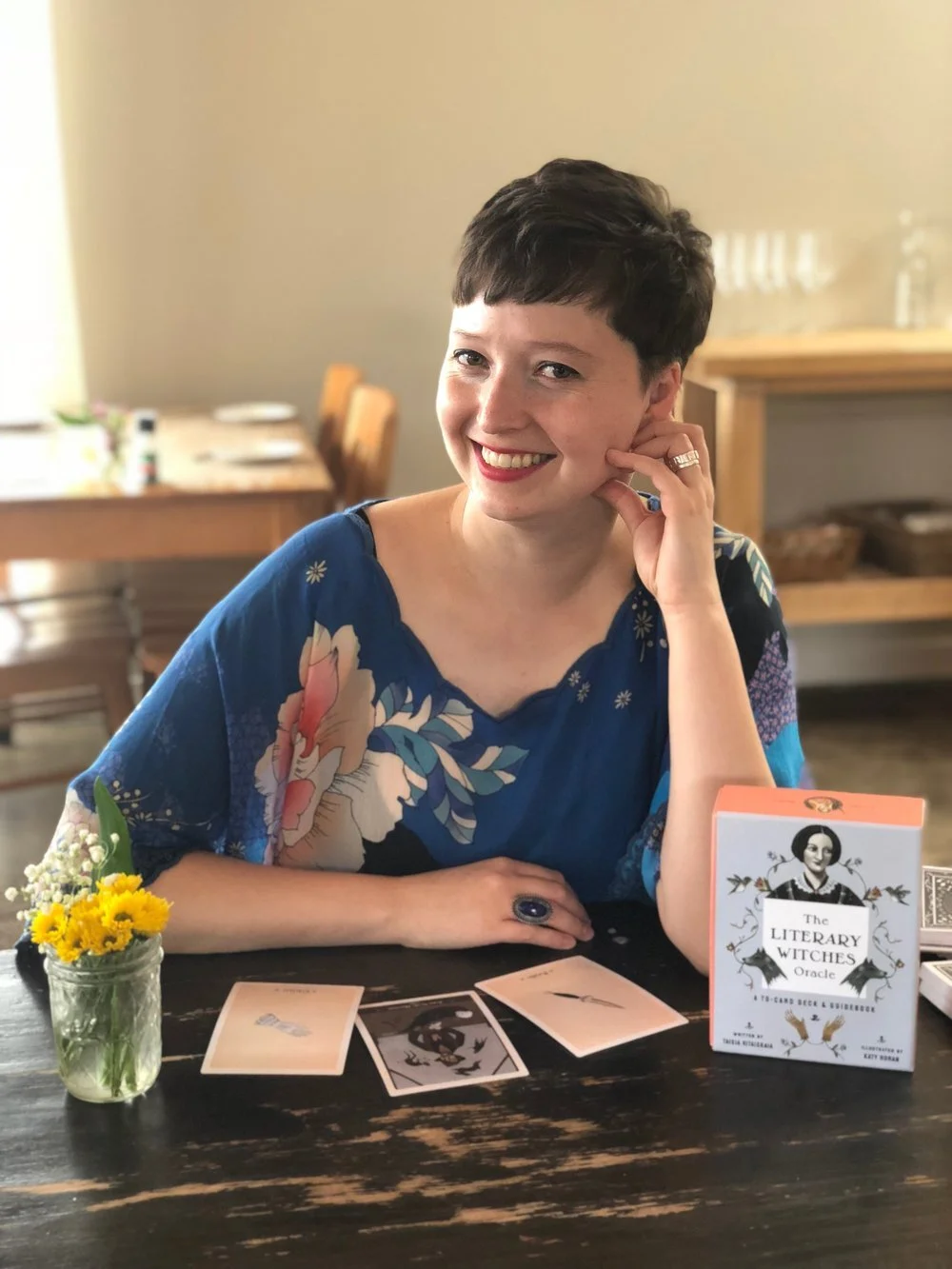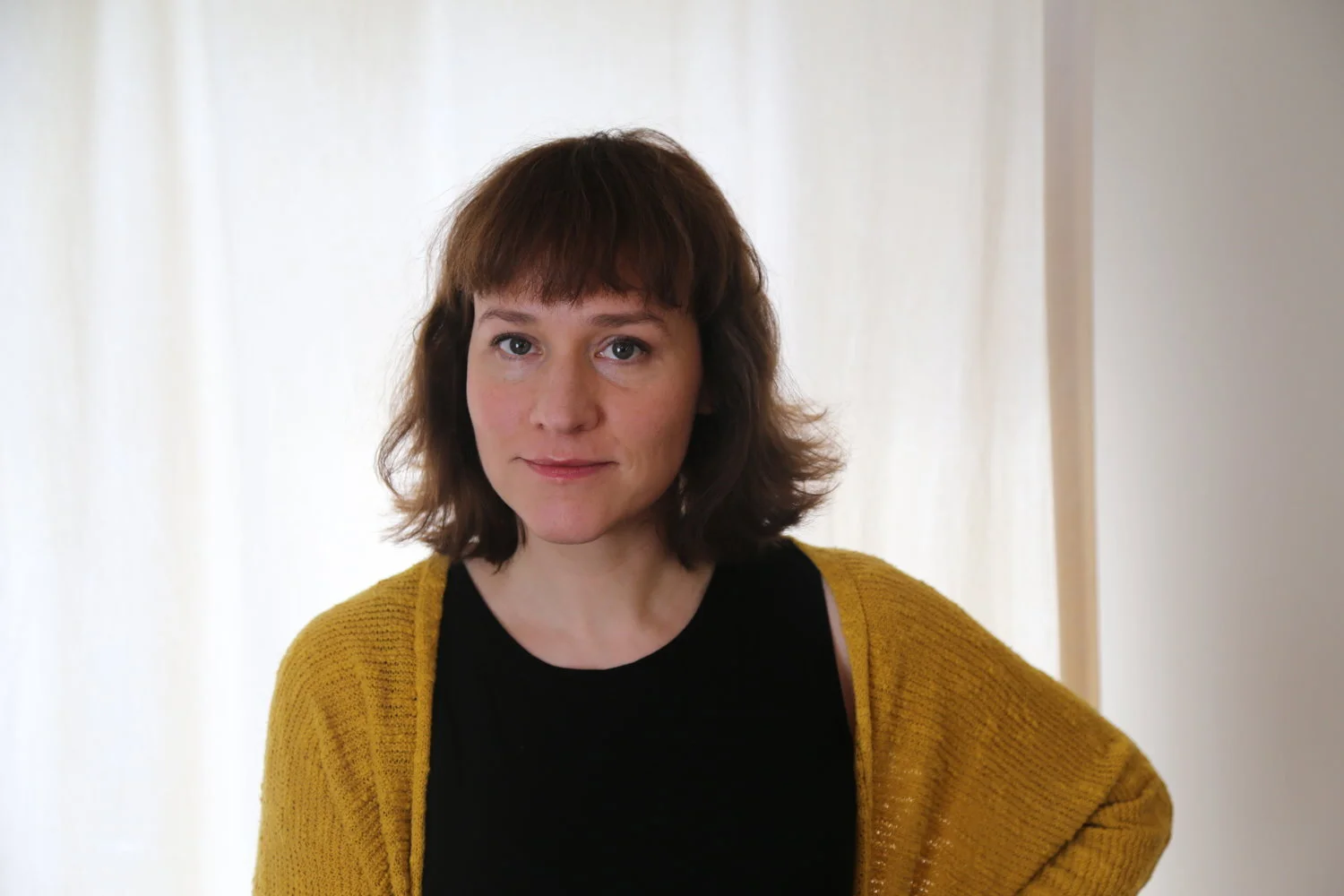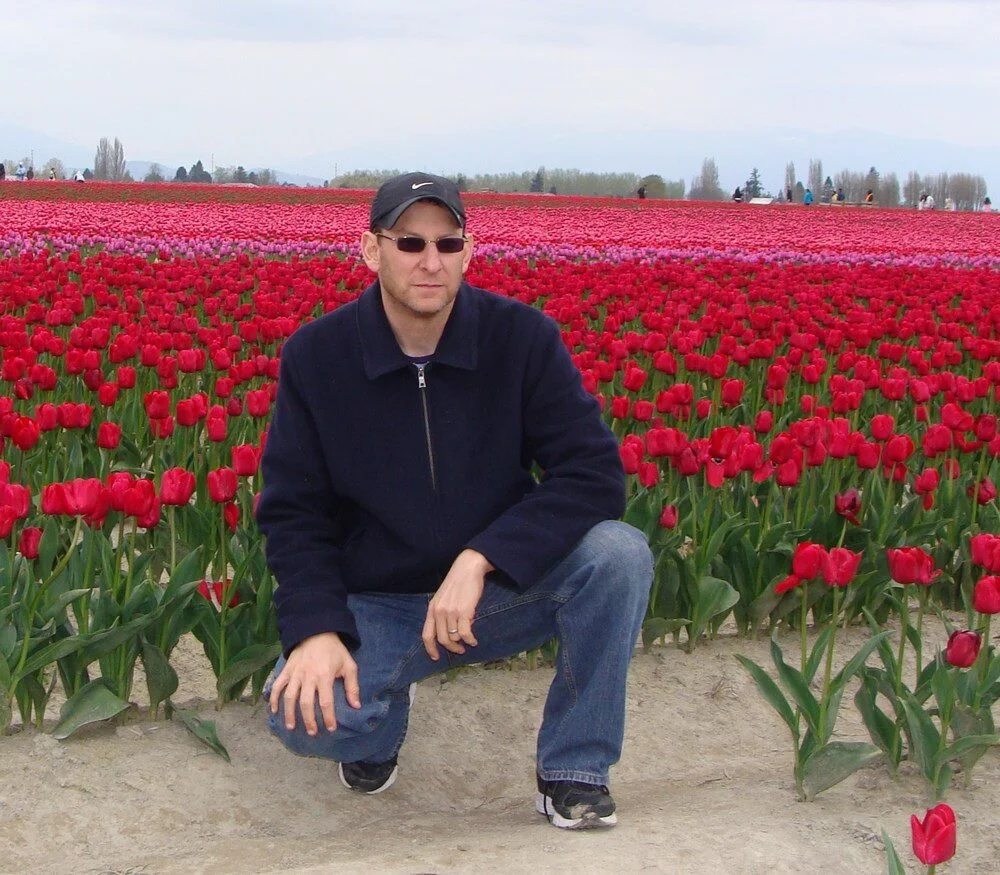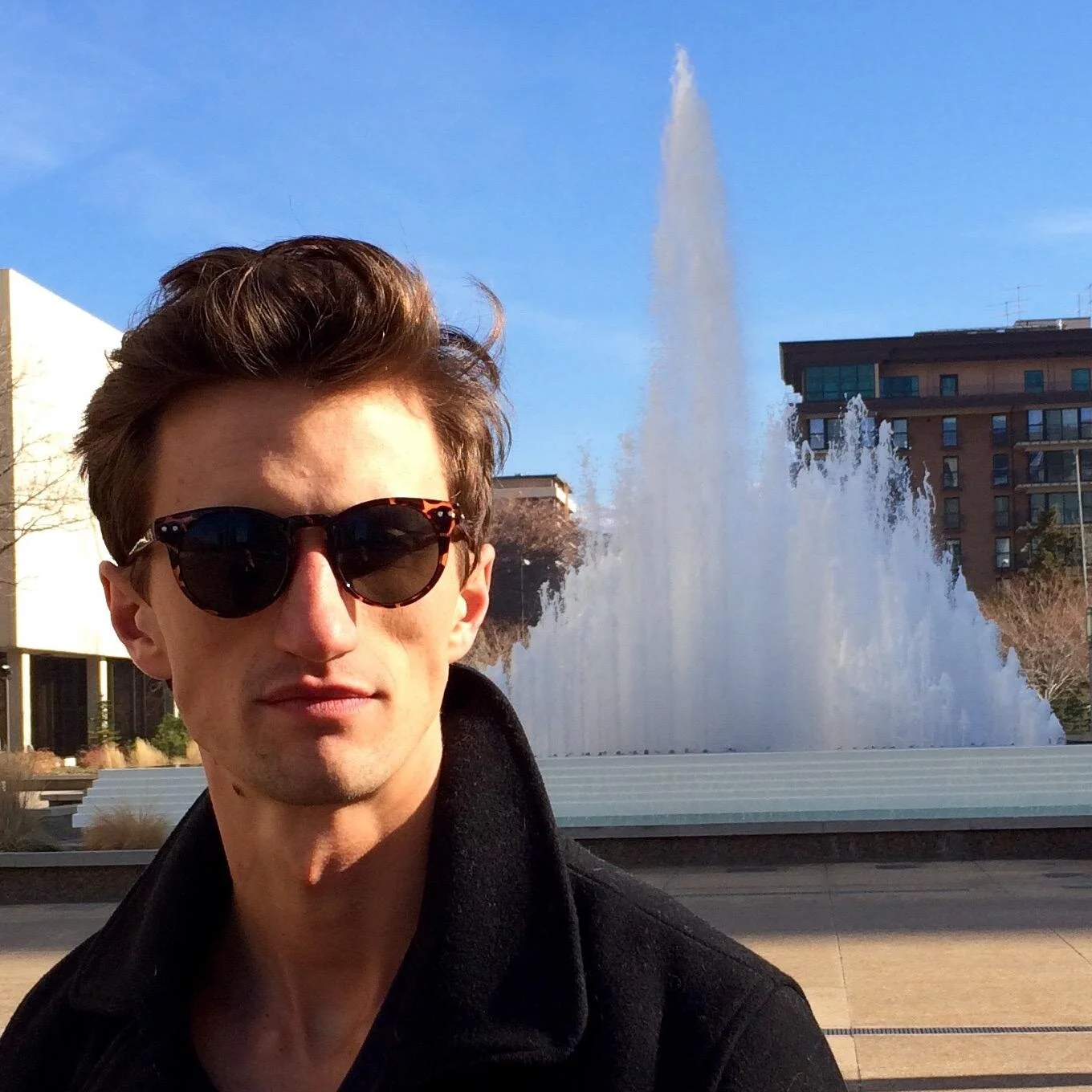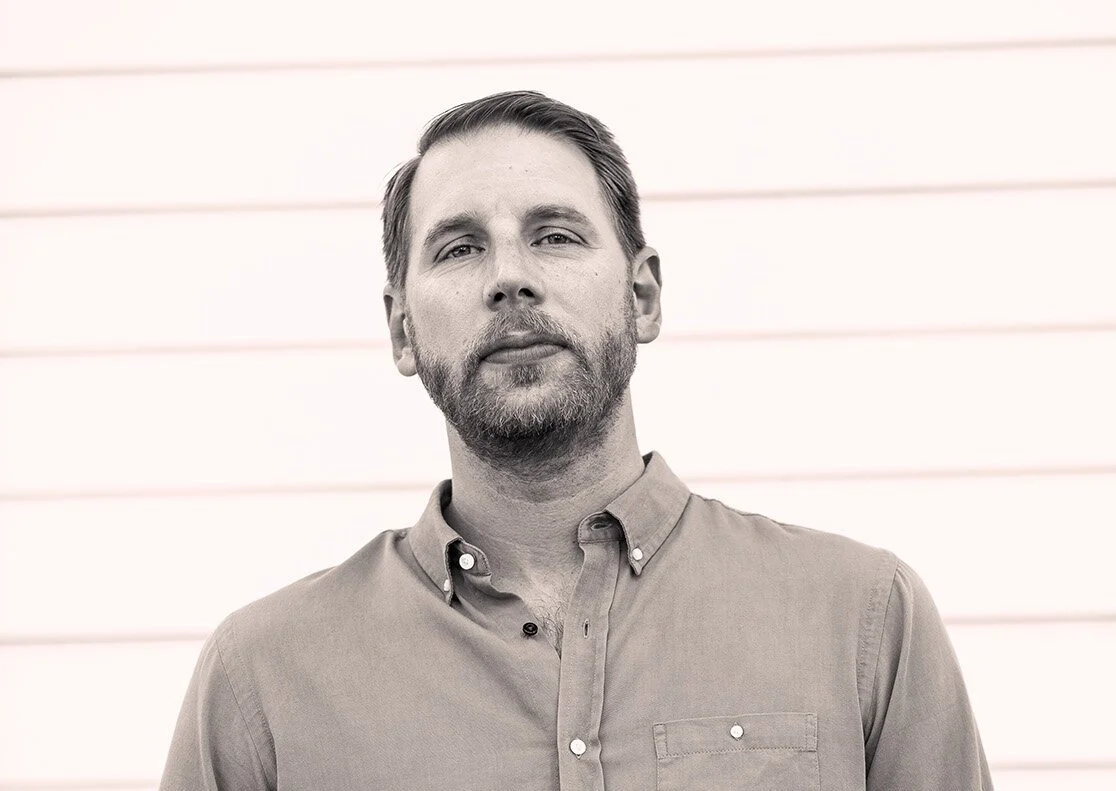Since the year 2000, Matthea Harvey has written five books of poetry, two children's stories, and plenty of essays, translations, and edits along the way. Her work blends playful magic with post-apocalyptic limbo, where reality is a bit distorted and anything is possible. I first stumbled upon her work during a personal voyage of prose poems; her collection Modern Life had my jaw touching the floor. Following that, I ran through her entire bibliography. Her children's book, Cecil the Pet Glacier, made me cry. Her Paris Review interview put me on to Monika Beisner's 1973 Fantastic Toys (which is to be republished next spring through New York Review of Books). Harvey's essay about children's poetry sparked a child-like surge in my blood that had me in a writing frenzy for the entire week. The list of gratitude and delivered joy marches onward. With minimal social media presence, I reached out to Matthea Harvey shortly after reading (and listening to) her March 2018 poem in poets.org. With an ambitious project in the works and one hell of a wish list for all things miniature, I spoke with the literary magician about clouds, giraffes, goats, cats, and the Kardashians.





How has 2018 been treating you so far?
Pretty well! I got to hold a two-day old goat called Sicily on a trip to Miami this spring (I was talking to high school teachers about using poetry and visual art in the classroom) and Paul Ryan is retiring (I lived in Wisconsin for ten years) so...On the negative side, one basement flood, one sunburn, one sprained wrist. Last month I spent a few days researching clouds at the NOAA library (National Oceanic and Atmospheric Administration) and that was definitely a high point.
With four published books of poetry, you release one every four years or so. Keeping in mind your last book of poems was released in 2014, can we expect another collection around the corner?
I count Of Lamb (an erasure with images by Amy Jean Porter) as an admittedly unusual book of poetry, so that makes five (but who’s counting)? My last book, If the Tabloids are True What are You? took me seven years to write and create the artwork for, and the current one (which is not a book of poetry I don’t think, but is also a combination of text and image) looks like it may take a similar amount of time. I’m writing about Luke Howard’s cloud taxonomy, face blindness, Napoleon Bonaparte’s older brother, Joseph (who lived in New Jersey for twenty-three years), cloud painters like John Constable and Simon Denis, as well as the inventors of the Polaroid and the Rubik’s cube. One of the visual elements of the book is that I’m taking a polaroid of every cloud (including cloud-like dogs) that appears in Keeping up with the Kardashians and creating my own “Nubes Kardashianum” taxonomy.
You also have a few children's books under your imaginative (and sparkling) belt. Any updates in regards to that world?
I rarely wear a belt, but I do like the idea of an imaginative and sparkling one! I’m picturing it with sequin snowflakes and embroidered with silver glaciers...I’ve written three more children’s stories but haven’t had any luck placing them yet, so keep your fingers crossed for me!
Is it difficult to split time between children's literature and poetry? Is the process similar? Different? Lot of grey area between these two disciplines?
I don’t consciously split my time—I’m pretty happy if I’m doing anything creative, whether it’s writing a poem, researching clouds, taking photographs, or more recently, making Rubik’s cubes that are covered in clouds. I think there is a difference between my children’s books and poetry—the former are more positive and despite my trying to avoid it, end up having a kind of moral, while the latter tend to get mired in the post-apocalyptic mud. Also, for whatever reason, I write children’s stories more quickly, and I return and revise poems for weeks or months.
Along with your writing, you are also an enthusiast of miniature objects. Do you make them or seek them out? Any recent additions to the collection? Any items that are on your wish list that you can't track down?
Let’s see...(pause as I go through my bins and drawers)...My friend Amy McNamara just gave me a miniature Rubik’s cube, so clearly, I need to make a tiny cloud-covered Rubik’s cube (I’m delaying because I know just how fiddly the regular-sized Rubik’s cubes were). I recently acquired a set of four ceramic snails at an antique store. Three are seemingly male snails (with blue and white chests and brown shells) and the one female snail is wearing a blue bonnet adorned with tiny roses and has a yellow chest. They are all deeply weird-looking.
My wish list for tiny things is quite large, as you might imagine. I’d love to have a miniature Polaroid camera that works, a tiny metronome, tiny tweezers, a miniature mollusk...In general I tend to like hand-painted vintage animals because when you photograph them with a macro lens they look particularly strange. Also, if I could have an animate miniature, I would most definitely want a Petite Lap Giraffe—do you remember it from the DirecTV commercials?
Your poems are often fantastical, magical, post-apocalyptic tongue twisters. Is your brain always stuck in fiction mode?
Thank you for that lovely description! In the past two years, I’d say my mind has been much more preoccupied with politics, but it’s true that my natural lane is imagination as opposed to realism.
Some of your pieces are prose poems, while others form shapes, and others are traditionally lined. How do you approach a blank page?
Sideways and with some trepidation. I keep notebooks full of ideas which I rarely consult, but having them stacked on my desk helps with the fear of the blank page. I usually have an intuitive sense of whether what I’m writing is going to be in a prose block or in lines, or in a certain shape, but on occasion I start in one mode and switch to another part-way through.
Do you practice automatic writing or do you slow down time and tediously focus on each and every line?
Both...I really try to let writing lead me to places I haven’t mapped out, but then I also work on each poem for a long time.
What's the rest of the year looking like for you?
Well, I’ll be continuing to take Polaroids of Keeping up with the Kardashians (I have about three seasons left to go) and hopefully I’ll take a trip to London to do more cloud research.
Outside of your own work, who/what have you been reading recently?
I read a lot of fiction—some recent favorites are Autumn by Ali Smith, Goodbye Vitamin by Rachel Khong, Trick by Domenico Starnone (translated by Jhumpa Lahiri) and The Woman Next Door by Yewande Omotoso. As far as poetry goes, I just finished Layli Long Soldier’s Whereas and Carmen Gimenez Smith’s Cruel Futures. Up next are Vievee Francis’s Forest Primeval and The Mobius Strip of Grief by Bianca Stone. I’m also doing tons of of research reading for my next book, which has recently included Instant: The Story of Polaroid by Christopher Bonanos and a nineteenth century book called The Atmosphere by Camille Flammarion.




For this ongoing author interview series, I'm asking for everyone to present a writing prompt. It can be one that you craft out of thin air, it can be one you created a while ago, or it can be one you adore from an outside source that was passed down to you.
I’ll make up a new one...Start a poem with the line, “It’s too hot for pants” (I just walked past two white-haired women and overheard that snippet and thought it should be the start of a poem) or “We should get the mannequins dressed today” (also overheard on the street). Include two words that rhyme with “hot” or two that rhyme with “dressed” in the body of the poem. Invent a miniature muscle that doesn’t exist and describe its function. Optional: use the nouns flypaper, goblet and mushroom and the verbs swoon and zoom. Title your poem with a paint or lipstick color.
Do you have any advice for writers/poets working on their craft?
Maybe don’t think of it as craft? I never think, “Ah, now I’m going to work on my craft.” That doesn’t seem like it would be a lot of fun. I think everyone has to design their own individual path to improving their writing—what works for one won’t work for another. I often have my best ideas about poetry when I’m looking at art, or watching modern dance—I love translating ideas from one genre to another.
Any final thoughts / words of wisdom?
Only ones that I would say to myself as well: read books that no one else is reading as well as those that everyone is reading. Cultivate your curiosity by going to a meeting of moss enthusiasts. Say thank you to people who encourage you. Kiss your cats.

